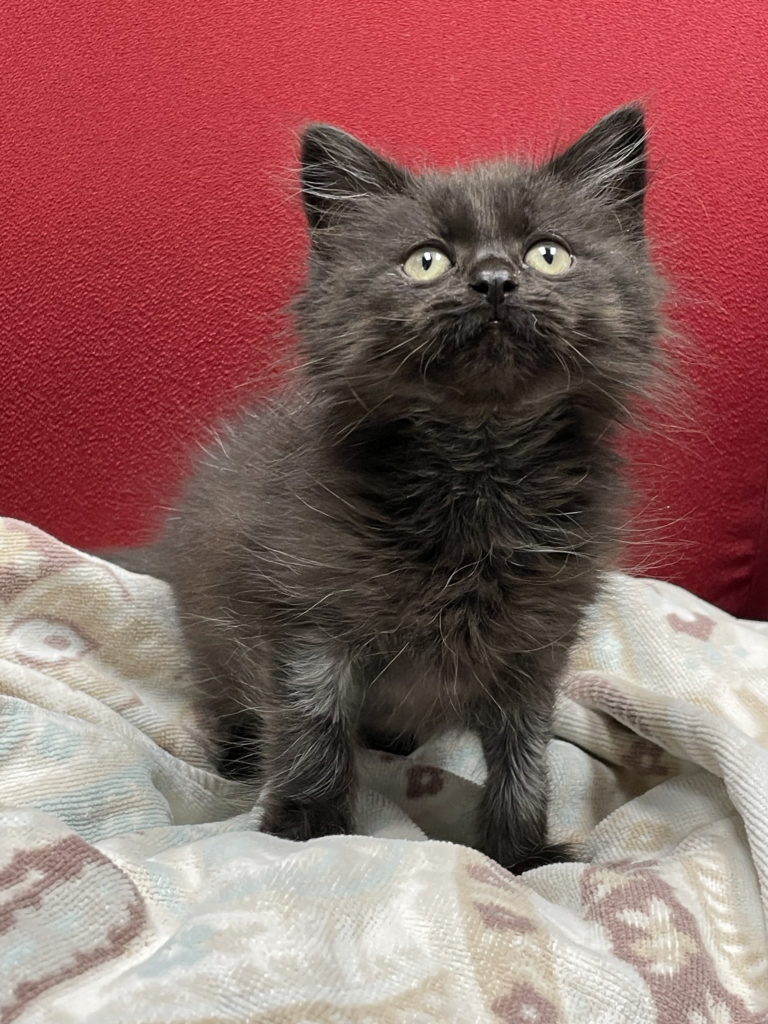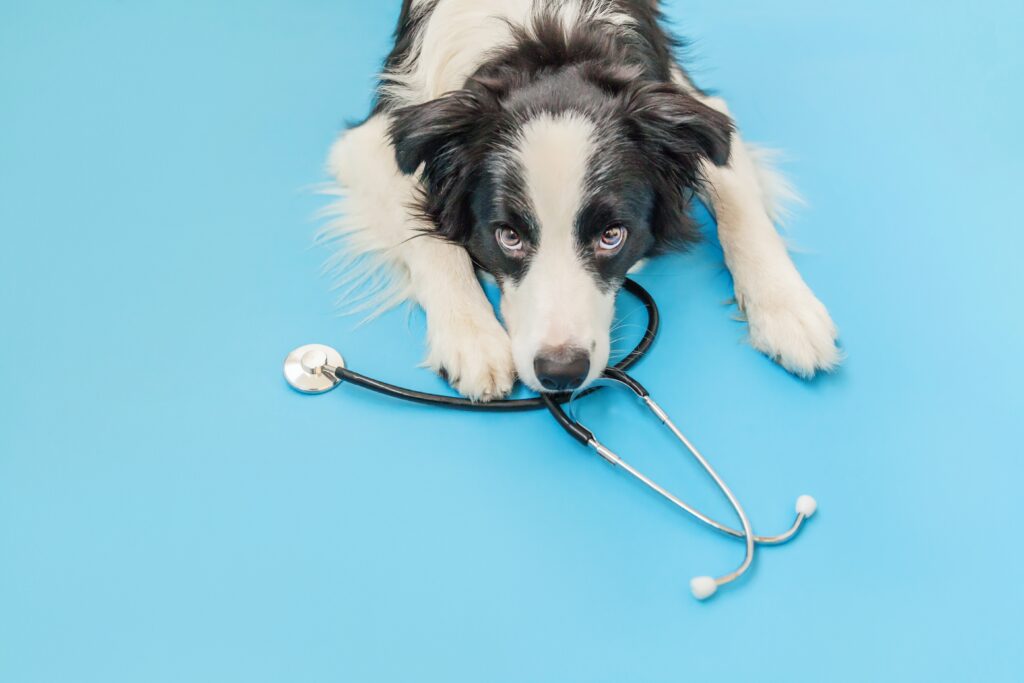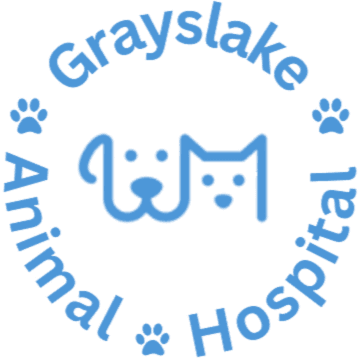Wellness
A wellness exam is an important part of preventative healthcare for pets in all stages of life, from puppies and kittens to senior pets. A complete physical exam is a nose-to-tail inspection! For more information on these or other services, please call (847) 223-8612.

Getting your new puppy or kitten off to a healthy start sets the stage for their lives as healthy adults. Regular physical examinations, core and elective vaccinations, fecal testing for parasites, and deworming are all important elements of ensuring good health for your puppy or kitten. Our knowledgeable staff can help your family learn about potty training your pup, performing nail trims on your puppy or kitten, dietary recommendations, and potential health hazards for your new pet.
Spaying and neutering are additional topics to consider; the appropriate age for the timing of sterilization surgery may vary upon the species and breed of your pet. You may also want to consider Pet Health Insurance – a great way to get your new little family member off to a good start. Last but not least, you’ll also want to consider whether your new puppy or kitten may need preventives such as monthly heartworm prevention and flea/tick preventives. We realize that adding a new family pet can come with lots of questions… but don’t forget, we’re here to help, so please don’t hesitate to call.

Since pets age more quickly than people do, it is critical to have regular physical examinations done to assess your pet’s health. Preventive veterinary care is the cornerstone of keeping your pet their healthiest so that you and your pet can have more great years together. During routine preventive exams, your veterinarian will assess:
- Overall Body Condition
- Eyes
- Ears
- Nose
- Mouth
- Throat
- Heart and Lungs
- Abdominal Organs
- Musculoskeletal System
- Neurologic System
- Urogenital System
- Lymph Nodes
- Skin/Coat
When health problems are identified, a medical plan will be outlined to evaluate the problems in depth. If your pet appears to be healthy enough for routine preventive care, your veterinarian will discuss which immunizations are advised, as well as parasite prevention including heartworm disease, intestinal parasites, and ectoparasites (fleas, ticks, etc.). Annual age-appropriate lab tests, testing for heartworm and/or tick-borne diseases, and fecal tests for parasites may also be recommended for your pet. Finally, your pet’s nutrition, diet, and exercise routines can be assessed and optimized to help your pet be in best physical condition for their lifestyle and age. Remember, keeping up with preventive care for your pet is the best way to keep your pet happy and healthy for life.

We love Senior Pets! Senior pets have special needs and benefit from more regular veterinary visits compared to their younger counterparts. Age-associated conditions of senior pets include:
- Arthritis
- Dental Disease
- Heart Disease
- Liver Disease
- Kidney Disease
- Endocrine Disorders
Before your dog or cat reaches senior status, we recommend that you bring your pet in for a baseline exam and diagnostic workup. This will give us a record of what’s normal for your pet so we can keep track of any changes. In most cases, we suggest this checkup for when your dog turns 7 years of age or your cat turns 8 years of age. Thereafter, your senior pet will benefit from more frequent veterinary exams and diagnostic testing.
Early intervention with joint supplements and prescription arthritis medications when indicated, along with modified nutrition and exercise plans, can greatly improve your pet’s comfort and mobility. Likewise, performing annual screening lab work on your older pet can help identify early stages of medical problems that might go unrecognized, and progress significantly without treatment. Some pets experience age-related behavioral changes that can be a sign of cognitive dysfunction, which is similar in some ways to dementia. Your veterinarian can recommend diet modification and supplements to help improve your older pet’s mental sharpness. Getting older doesn’t have to be fraught with troubles for your pet… see your vet regularly to help keep your senior pet healthy and comfortable.

